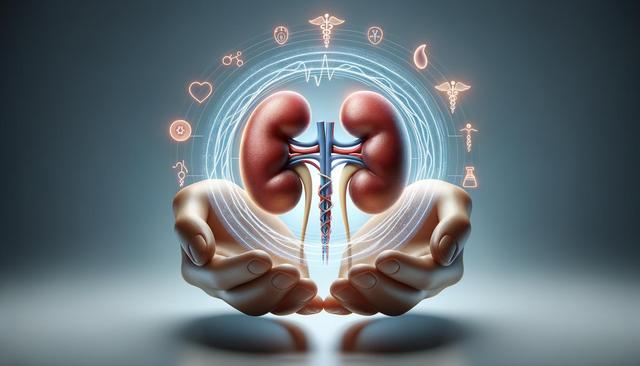Understanding the Role of Kidneys in the Body
The kidneys are vital organs responsible for filtering waste and excess fluids from the blood, which are then excreted as urine. Healthy kidneys also regulate blood pressure, maintain electrolyte balance, and produce hormones that support bone health and red blood cell production. When the kidneys are compromised, these essential functions can be disrupted, leading to a variety of health complications.
Kidney disorders may be acute or chronic. Acute kidney injury often occurs suddenly due to factors like dehydration, severe infections, or exposure to certain medications. Chronic kidney disease, on the other hand, develops gradually and is commonly linked to conditions such as diabetes and high blood pressure. Over time, reduced kidney function can progress to end-stage renal disease, which requires dialysis or a kidney transplant.
Common Symptoms of Kidney Disorders
One of the challenges with kidney disorders is that symptoms may not appear until significant damage has occurred. Recognizing the early warning signs can help individuals seek medical attention before the condition worsens. Common symptoms include:
- Persistent fatigue and weakness
- Swelling in the ankles, feet, or face due to fluid retention
- Changes in urination patterns, including frequency, color, or volume
- Foamy or bloody urine
- Shortness of breath or chest pain
- Nausea, vomiting, or loss of appetite
- Difficulty concentrating or mental confusion
These symptoms may vary depending on the underlying cause and the severity of the condition. In some cases, individuals may notice a metallic taste in the mouth or experience muscle cramps and itchy skin. It is important to consult a healthcare provider if any of these symptoms are present, especially if there is a family history of kidney disease or other risk factors.
Risk Factors and Causes of Kidney Disorders
Several factors can increase the risk of developing a kidney disorder. Understanding these risk factors can help with prevention and early diagnosis. Key contributors include:
- Chronic conditions like diabetes and hypertension
- Frequent use of nonsteroidal anti-inflammatory drugs (NSAIDs)
- Obesity and sedentary lifestyle
- Smoking and excessive alcohol consumption
- Genetic predisposition
- Infections or autoimmune diseases affecting the kidneys
Managing these risk factors by maintaining a healthy lifestyle and adhering to medical advice can significantly reduce the likelihood of kidney problems. Regular screening is also recommended for individuals in high-risk groups to detect potential issues early.
Diagnostic Methods and Medical Evaluation
Diagnosing a kidney disorder typically involves a combination of physical examination, medical history review, and specialized tests. Initial assessments may include blood pressure measurements and evaluation of symptoms. Diagnostic tools often used include:
- Blood tests to measure creatinine and blood urea nitrogen (BUN) levels
- Urine tests to detect protein, blood, or abnormalities
- Imaging studies such as ultrasound or CT scans
- Glomerular filtration rate (GFR) calculation to assess kidney function
- Kidney biopsy in some cases to identify specific disease types
Early and accurate diagnosis is key to managing kidney disorders effectively. These tests help determine the stage of kidney disease and guide treatment decisions tailored to the individual’s condition.
Treatment Options and Lifestyle Adjustments
The treatment for kidney disorders depends on the underlying cause and the stage of the disease. In early stages, lifestyle modifications and medication may be sufficient to prevent progression. Common treatment approaches include:
- Blood pressure control through medication and dietary changes
- Managing blood sugar levels in diabetic patients
- Reducing protein intake to decrease kidney workload
- Limiting sodium and potassium in the diet
- Maintaining adequate hydration
In more advanced cases, dialysis or a kidney transplant may be necessary. Dialysis helps remove waste products from the blood when the kidneys can no longer perform this function. Kidney transplants offer a more permanent solution but require a suitable donor match and post-operative care.
In addition to medical treatments, adopting kidney-friendly habits can support overall health. This includes quitting smoking, engaging in regular physical activity, managing stress, and attending regular medical check-ups. Working closely with healthcare professionals ensures that treatment plans are effective and adjusted as needed.
Conclusion: Early Awareness Can Make a Difference
Kidney disorders can have a profound impact on an individual’s health, but early detection and proper management can significantly improve outcomes. By recognizing the symptoms, understanding risk factors, and following recommended treatment plans, individuals can take proactive steps to protect kidney function. Regular check-ups and a healthy lifestyle are essential tools in preventing and managing kidney-related conditions. Prioritizing kidney health today can help ensure a better quality of life in the future.


